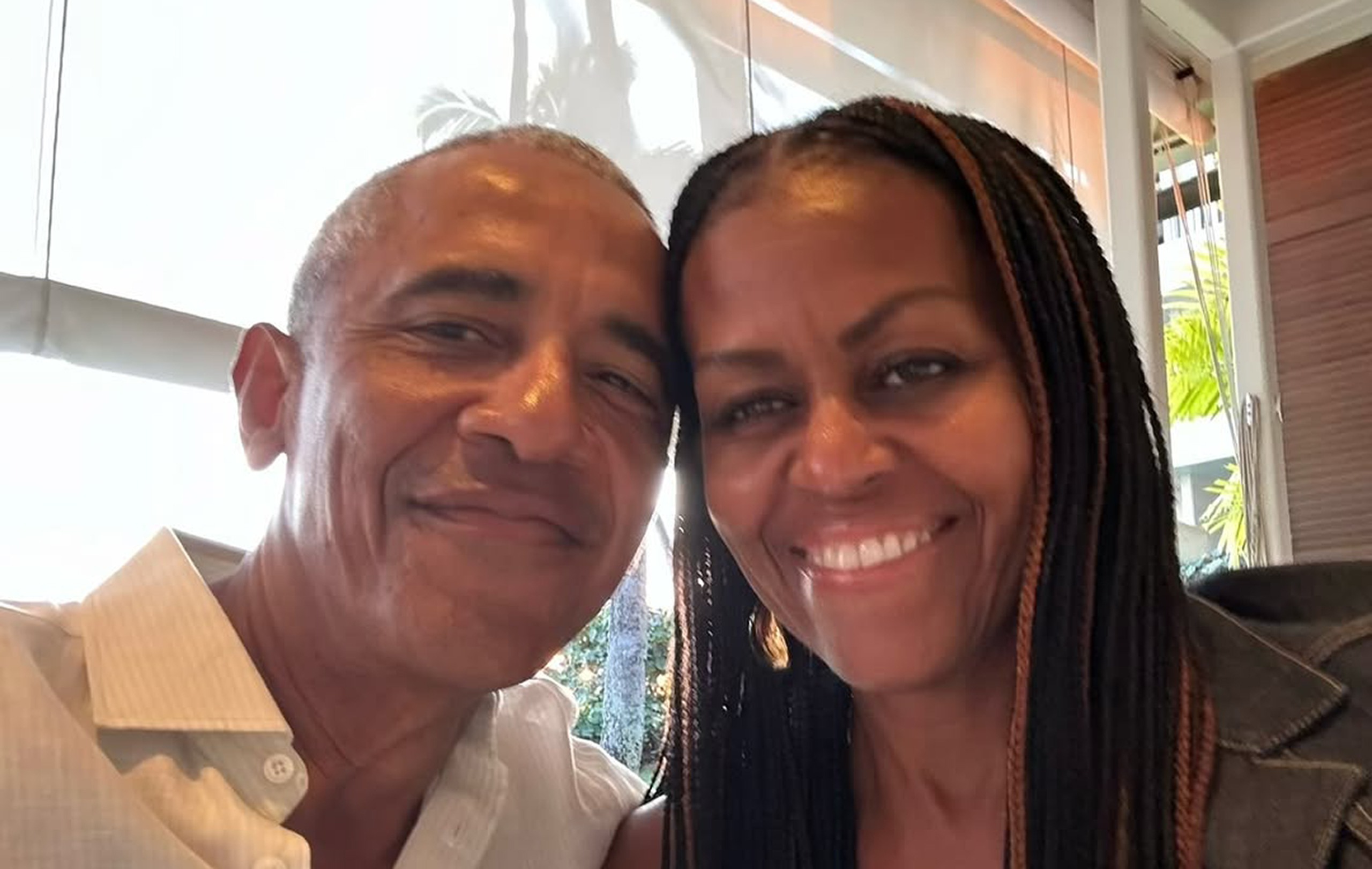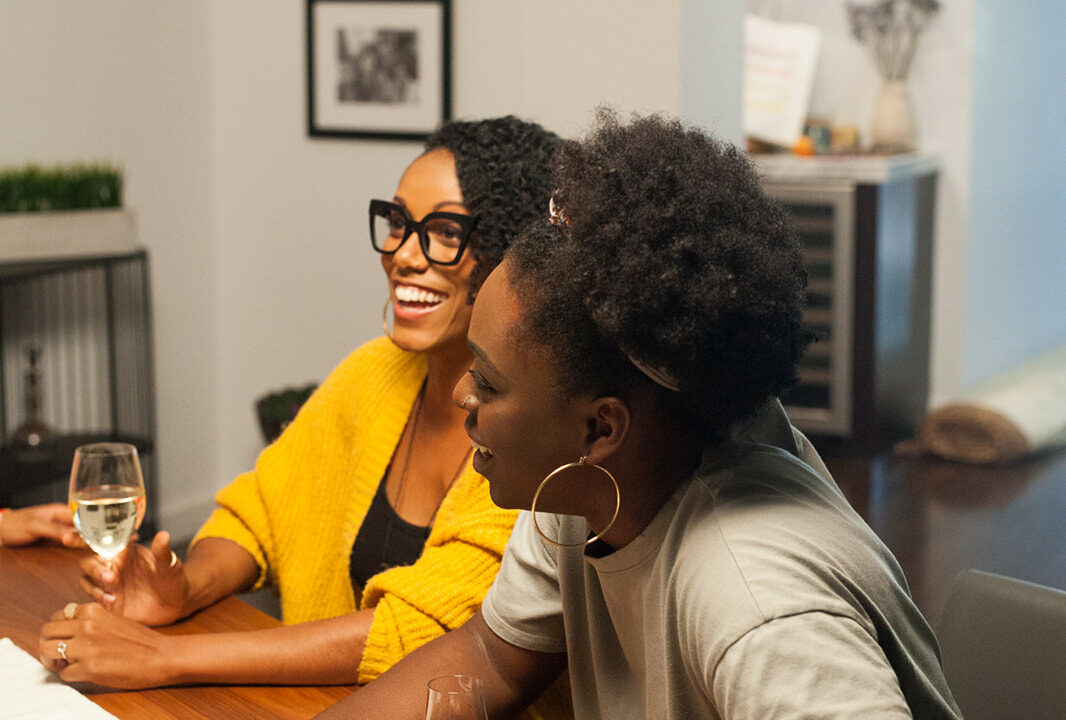
couple kissing in bed
Courtesy of pexels.com

Courtesy of pexels.com
New relationships are fun and exciting. You spend hours talking, laughing, and learning about each other. You have butterflies and countless talks with your friends about them possibly being the “one”. However, as you get to know your partner, it’s critical to have open and honest discussions about consent and respect early on. A new relationship needs to talk about sexual safety, but many people feel uncomfortable and unsure of how to bring it up without killing the mood. Establishing boundaries, building trust, and ensuring both parties are on the same page means creating a safe environment for a consensual and respectful discussion about sexual safety. The following are seven tips to help you discuss sexual safety in a new relationship without feeling awkward or embarrassed.
Start by creating a safe space: The first step toward discussing sexual safety is to create an environment where both parties feel comfortable and safe. Start by discussing your boundaries regarding the conversation, express how important it is to have an open and honest talk about sexual safety, and assure your partner that the conversation is not a judgment on their sexual history or habits. Moreover, try not to pressure them into the conversation and let them know that they can speak up when they are ready to.
Related Articles:
How to Delicately Tell Your Spouse the Sex Isn’t Good Anymore
How a Regular Sex Life Could Improve Your Mental Health
The Power of Radical Honesty: Strengthening Relationships Through Authenticity

Courtesy of freepik.com
Use positive language: When discussing sexual safety, it would help if you avoid using fear and negativity as tools of persuasion. Instead, use positive language that encourages the other party to communicate. For instance, you can say, “I feel more comfortable when we use protection,” instead of saying “If we don’t use protection, we might get an STI.” Speaking positively can make the conversation less intimidating and more constructive.
Listen and validate their concerns: Remember, a conversation is a two-way street. Therefore, it’s essential to listen and allow your partner to express their concerns without interruption. Validating their opinions and acknowledging their feelings can help create a safe space for them to communicate. Furthermore, it shows your willingness to listen and understand them while reinforcing the importance of open communication.
Be honest and straightforward: It would behoove you to be honest and straightforward when discussing your expectations and boundaries. If you’re not comfortable with sex without using protection, say it. If you’re open to exploring various sexual activities, let them know. Keep in mind that honesty is the backbone of any relationship, and trust is vital for sexual safety.
Be specific: When discussing sexual safety, it’s important to be specific about what you’re looking for and what you’re comfortable with. Talk about your preferred methods of protection and ask your partner what they prefer. Discuss any concerns you have about sexually transmitted diseases, and make sure you’re both on the same page about getting tested.
Talk about boundaries: It’s important to have a conversation about boundaries and what you’re comfortable with sexually. Talk about what’s off-limits and what you’re open to exploring. Establishing these boundaries early on can help avoid misunderstandings or discomfort later in the relationship.

Courtesy of pexels.com
Keep the conversation ongoing: Finally, remember that the conversation about sexual safety does not end after one discussion. Keep the conversation ongoing and continue to communicate openly and honestly about your sexual health and preferences as the relationship progresses. As you become more comfortable with each other, it’s important to continue to check in and make sure you’re both on the same page.
Talking about sexual safety within a new relationship may seem uncomfortable or embarrassing, but it’s a necessary conversation that should not be avoided. Creating a safe space, using positive language, listening and validating their concerns, and being honest and straightforward are some best practices for having this discussion. Remember, sexual safety involves communication, respect, and trust, and the conversation about it is the first step towards ensuring a healthy and fulfilling sex life within your relationship.
Related Articles
Hey y'all - I'm Coco, The Conversational Freak, your intimate health and behavior coach, and I've unfortunately witnessed too many women suffer in silence, struggle with body positivity, and deal with the daily nuances of being a woman
From luxurious candles that fill the room with warmth to thoughtful gadgets that keep the connection strong, these products are designed to enhance those intimate moments.
The status of your mental, physical and emotional health outside of the bedroom impacts the experience you may have within it.
Featured Articles
The vision for our engagement shoot was to celebrate ourselves as a Young Power Couple with an upcoming wedding, celebrating our five year anniversary - glammed up and taking over New York.
Let’s take a trip down memory lane and revisit 10 times Michelle Obama gave us a masterclass in love.
When it comes to finding the perfect hairstyle for your wedding, there are a lot of options to choose from. The main goal is to pick the hairstyle that is just right for you.
Yes, I wanted my mom to still love me, but I needed her to love me. I wanted to know that by opening up about this part of my life she could actually love me more fully.
When Elitia and Cullen Mattox found each other, they decided that they wanted their new relationship together, their union, to be healthier and different.
We asked married men a few questions about sex: how has it changed, why it has changed and what would you like to do differently? See what they had to say!












